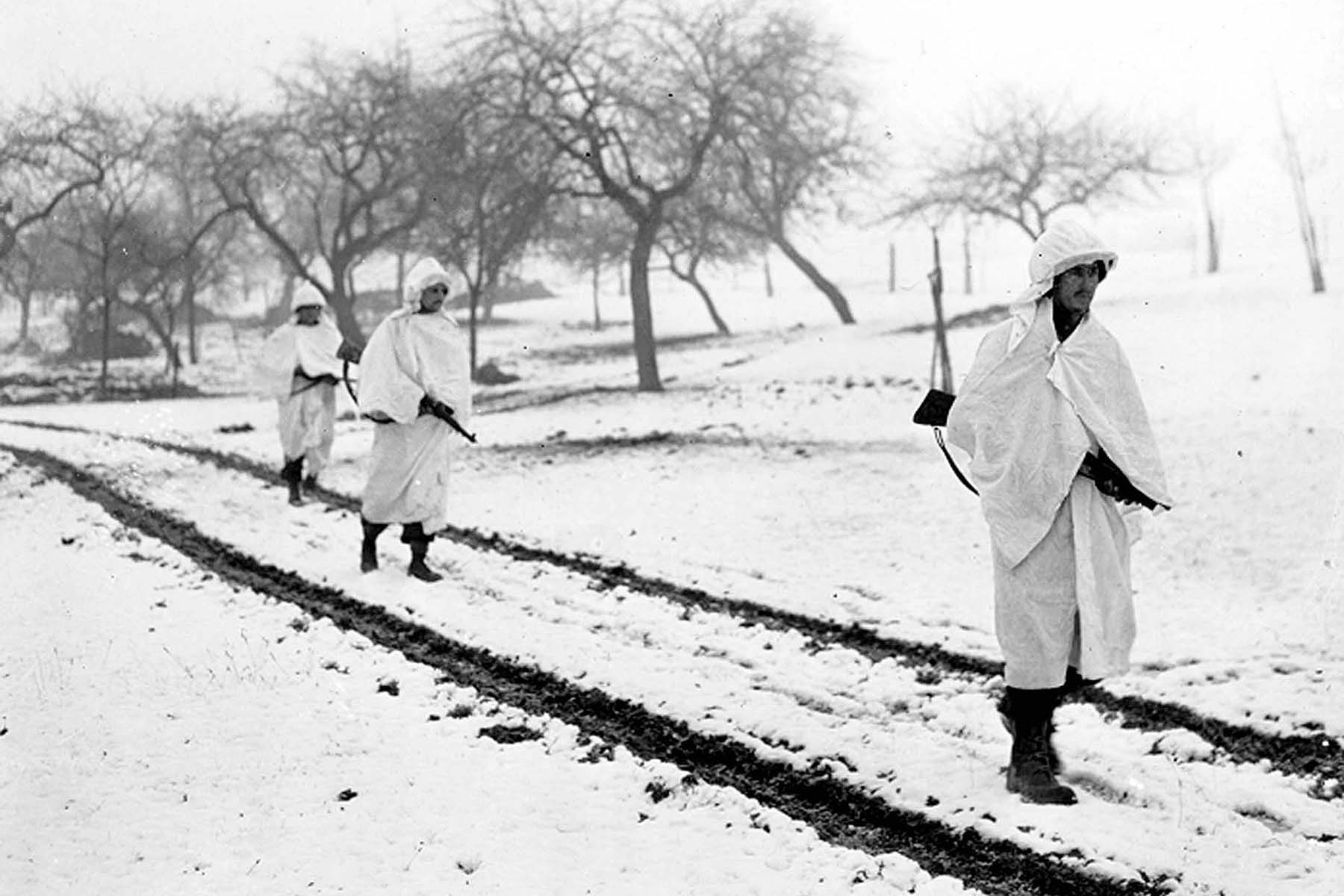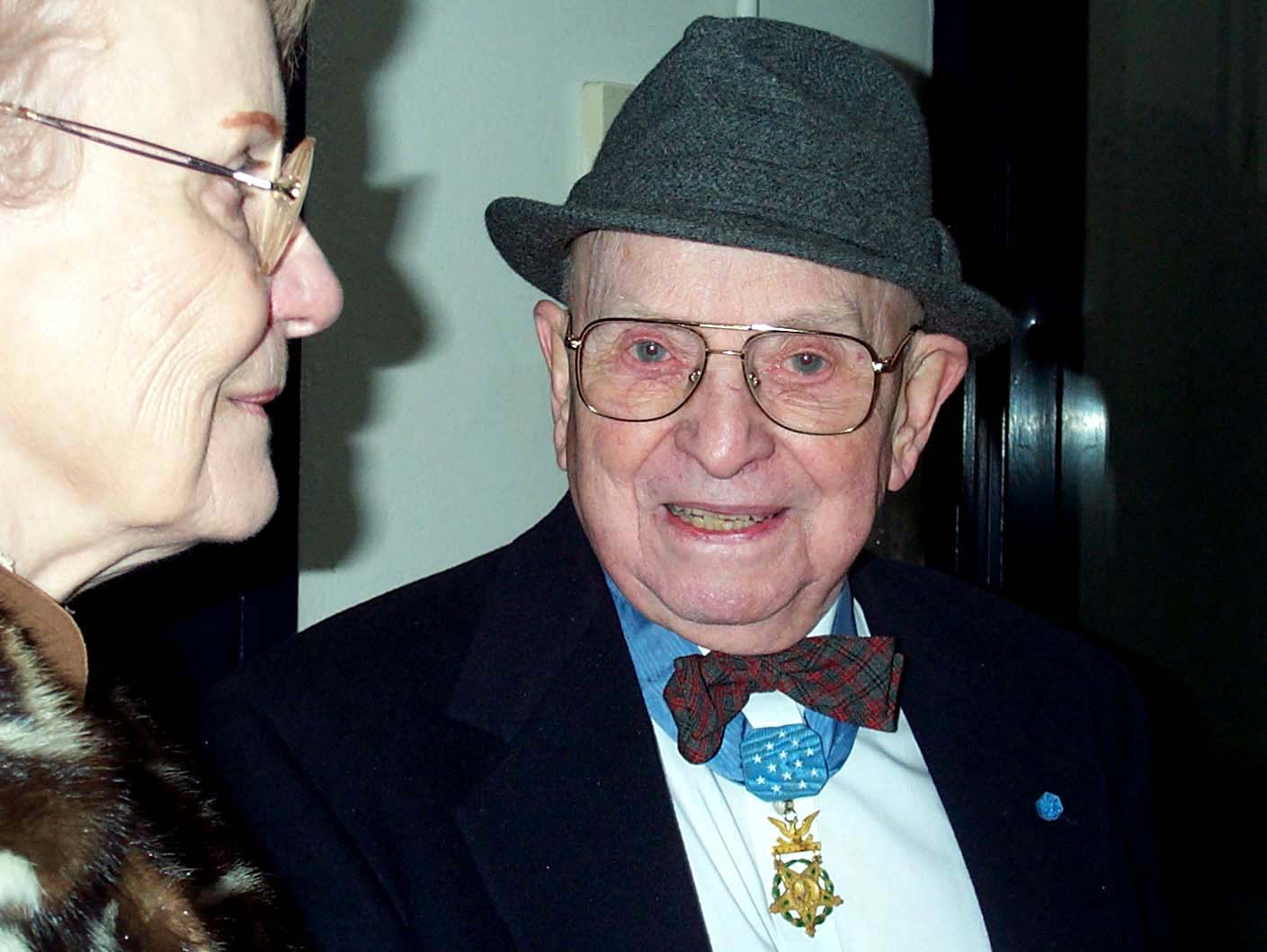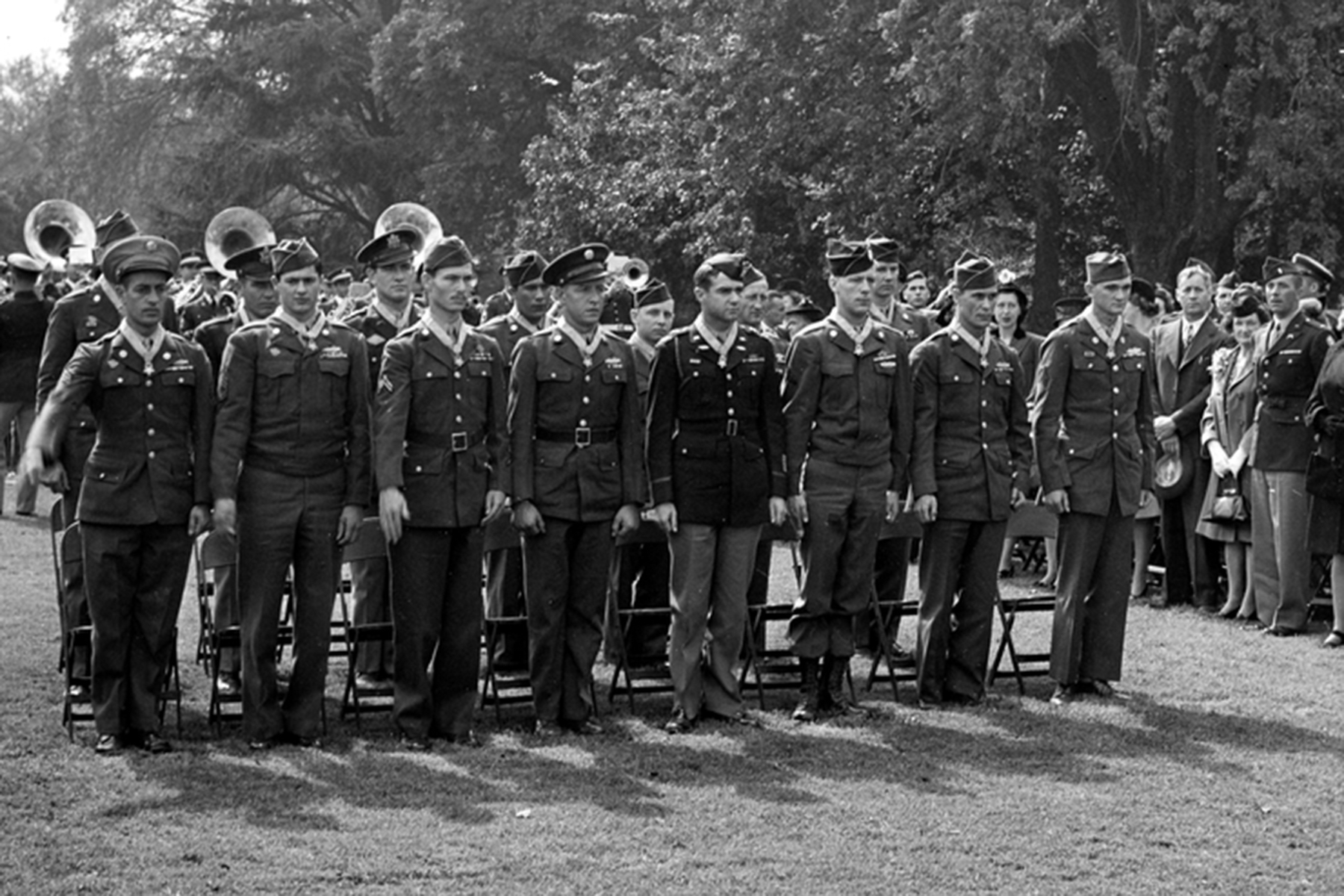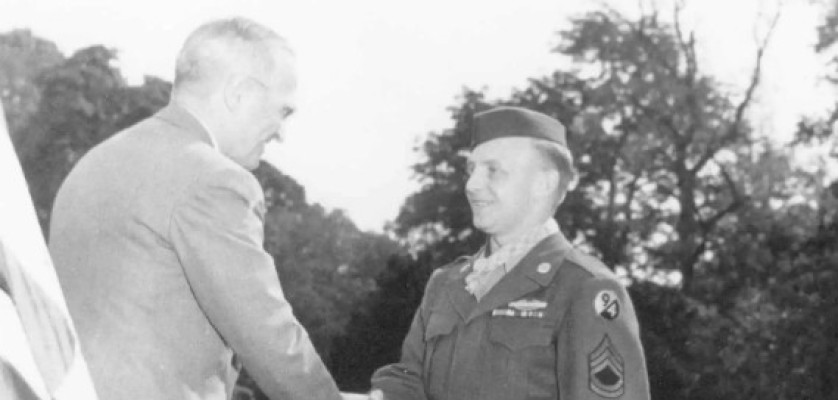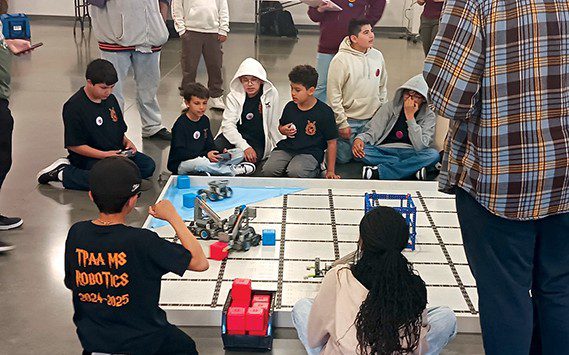When Army Master Sgt. Nicholas Oresko talked about the most pivotal actions he took during World War II, he often made it clear that the hardest part was the fact that he was alone.
“You don’t know what it feels like to be alone in a situation like that,” he said during a Library of Congress Veterans History Project interview in the early 2000s.
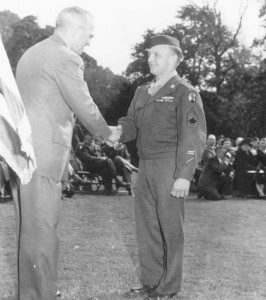
Despite being by himself in frigid Germany during a late-war enemy counterattack, Oresko pushed on anyway, singlehandedly clearing the way for his company to take their objective. That valor and bravery earned him the Medal of Honor.
Oresko was born Jan. 18, 1917, in Bayonne, New Jersey, to an American mother and a father who was a Russian immigrant. Despite being only 5’4″, Oresko said he loved to play sports growing up. When he was young, Charles Lindbergh was one of his heroes, which made him want to be a pilot for a time.
Before the war, Oresko worked in the shipping department for Standard Oil. He was drafted into the Army in March 1942, about three months after he’d married his girlfriend, Jean Strang. He was initially assigned to the 77th Infantry Division but was later switched to the 1st Battalion, 302nd Infantry, 94th Infantry Division.
By late summer of 1944, Oresko’s division was deployed to France. He told the Veterans History Project that they were meant to be a reserve unit, but at the start of the Battle of the Bulge — Hitler’s last major attack that surprised the Allies – they were shipped to the front lines in Germany.
Oresko was a platoon leader for Company C during the frigid days of early 1945. His platoon had attacked enemy positions in the town of Tettingen, Germany, twice over two days and had been pushed back both times. For their next attempt, instead of using artillery to announce themselves, battalion leaders ordered a sneak attack.
In the early-morning hours of Jan. 23, 1945, Oresko ordered his men to begin the attack, but no one moved. He said he issued the order a second time, and they again didn’t move, so he started toward the enemy without them.
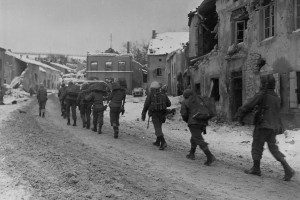
“I felt so alone,” Oresko said. “I looked up at the sky and said, ‘Lord I know I’m going to die. Let’s just make it fast.'”
He said a cold wave went over him and that he went numb, moving by instinct at that point.
“I stepped out of the trenches by myself, step by step through the snow, and the Germans didn’t see me,” he said.
His fellow soldiers finally started to follow him, but they were about 50 feet behind him when the Germans noticed the movement and opened fire, pinning the unit down.
Oresko, however, had still gone unnoticed. He knew he would have to take out the closest machine gun nest to help his soldiers, so he kept moving in stealth until he was close enough to throw a grenade into the enemy bunker. He rushed into it after it went off, using his rifle to take out the surviving occupants.
